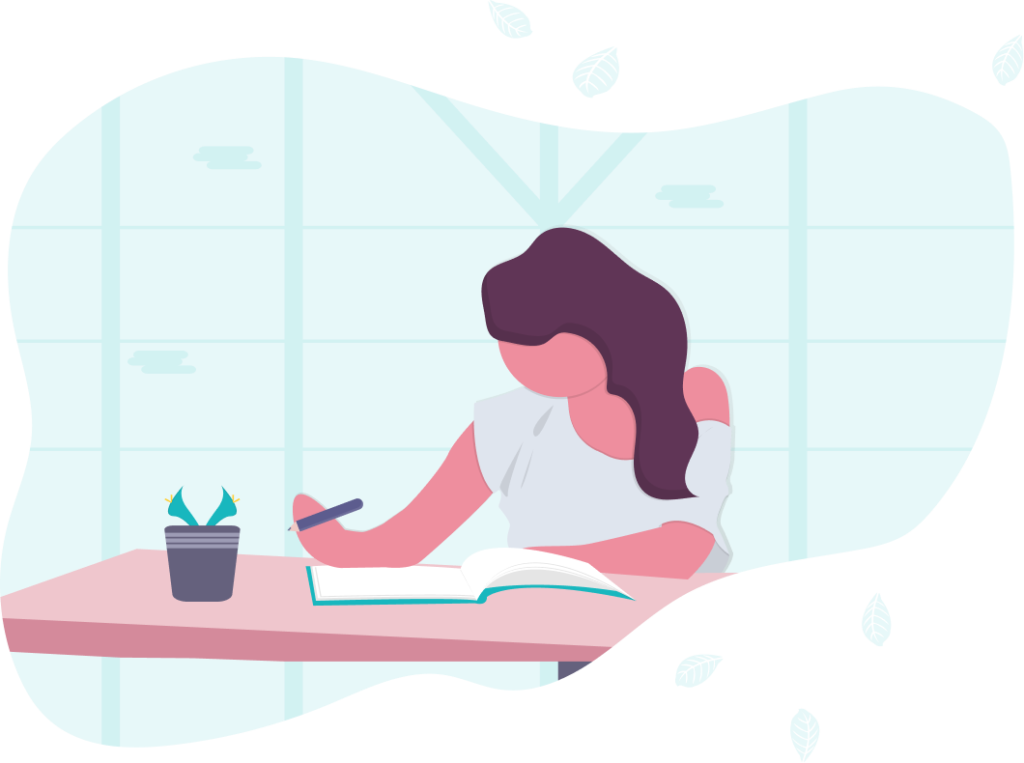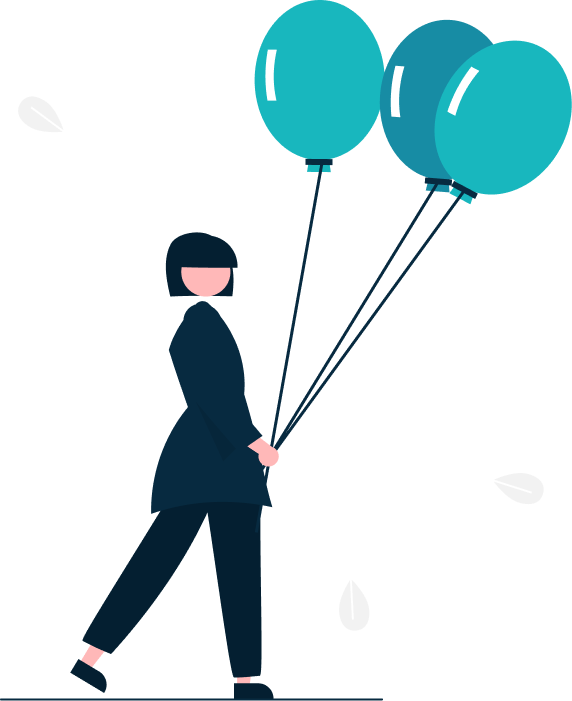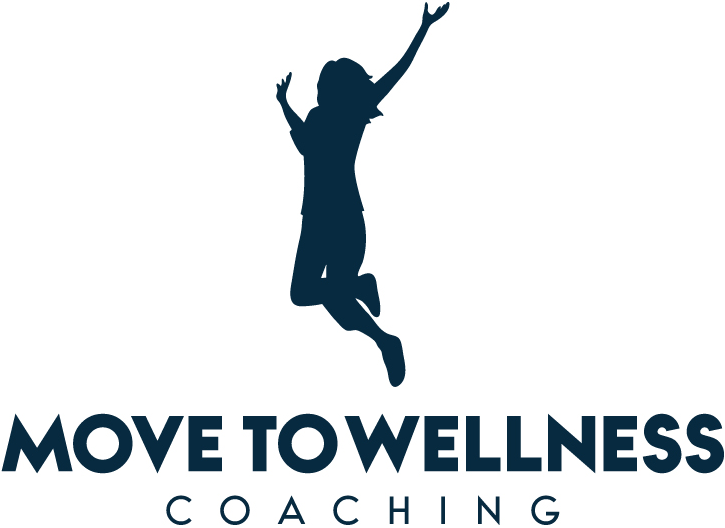WORK WITH ME
Book a free consultation.
One-on-One Coaching for Chronic Pain Recovery
Introductory Session
30-minute virtual session
Let’s meet to see if we’re a good fit
FREE
Single Coaching Session
50-minute virtual session
Contact For Pricing
Multi-session Package
8 x 50-minute virtual sessions
Contact For Pricing
How I Work
OUR SENSE OF WELL-BEING DEPENDS ON THE STATE OF OUR NERVOUS SYSTEM
I’ve had to let go of perspectives I’ve long held as a social worker, life coach, and instructor for fitness and wellness professionals. I believed that what was needed to be physically and mentally well was to set realistic goals for behaviour change and to challenge our existing thought patterns.
Likewise, I thought this was enough to put us on the path to becoming better versions of ourselves. While much of this is true, it’s only a piece of the puzzle of healing chronic pain.

If you were pain-free, what would you be doing right now?
We must learn to feel our physical state, and become aware of what’s going on inside us, something called interoception. From this vantage point, we can address our unique body chemistry. If you’re experiencing chronic pain, you need to:
Teach your brain and nervous system to find calm and safety
Take control of your mental processes and change your mindset
Expand your way of thinking to enable pain-free movement
This may sound complicated, but together we will work on simple, easy-to-learn techniques that can yield life-altering results. As you learn new skills, your brain changes. When we stop focusing on our symptoms, we stop noticing pain, and we can start to wire our brain’s circuits differently, in healthy, new ways.

To release your pain, we’ll work with three interlocking components:
1.
Pain neuroscience education (PNE)
The focus here is on better understanding your pain because when we understand where it comes from and why it’s happening, we often hurt less immediately. For some, this component alone is enough.
2.
Cognitive work
Here we focus on developing a different relationship to one’s pain through cognitive work involving the reexamination of one’s beliefs.
3.
Movement
The third component is focused on movement, so that getting active again is no longer seen as a remote possibility. Getting moving also involves goal setting, so you can challenge yourself as you grow out of your pain and into your life.
